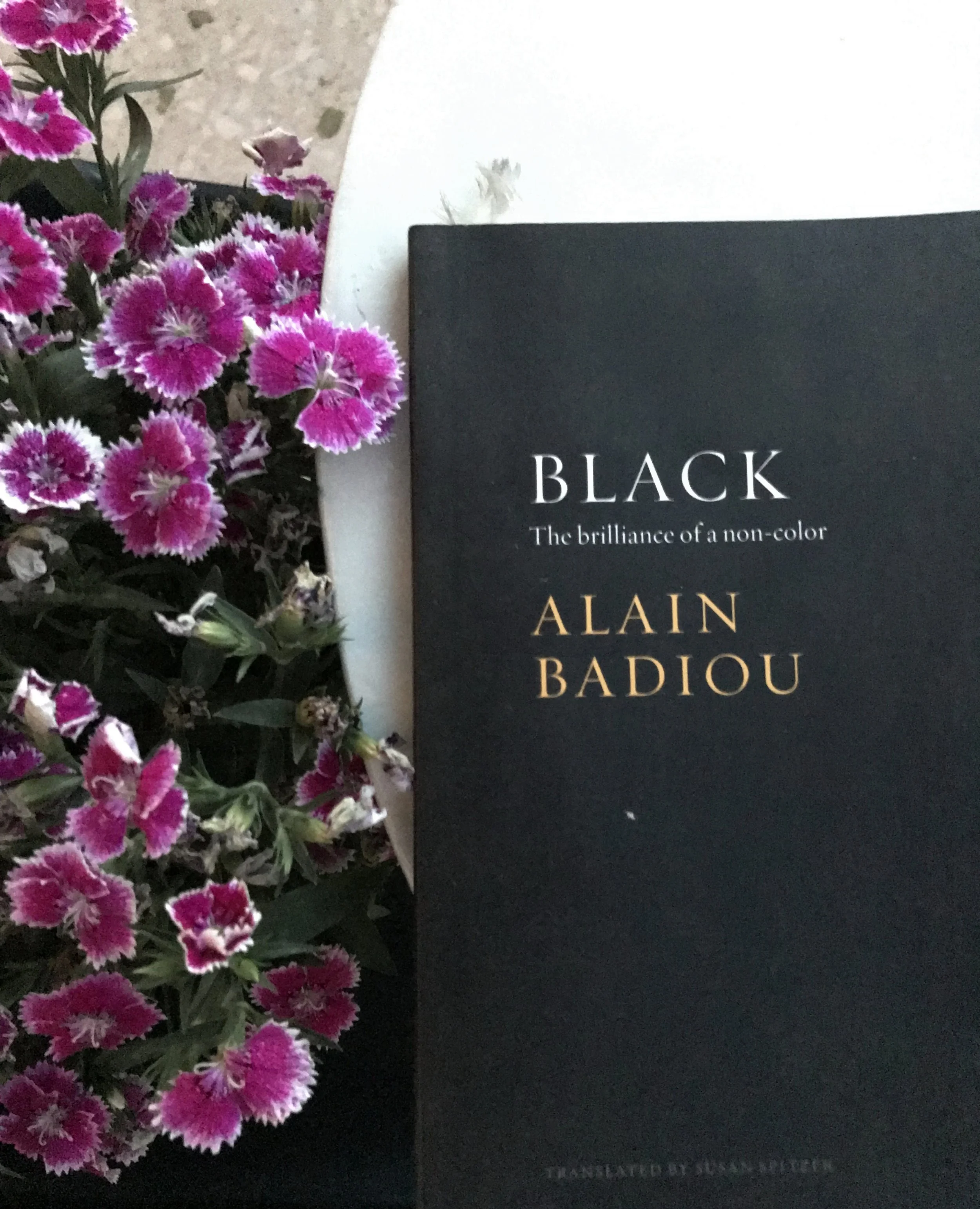Neoliberal Patronage in Greek Anthropology
By Leandros Kyriakopoulos (Research Centre for the Humanities)
“Do not see structures, see people,” they said when I was applying to PhD programs. That was advice to see beyond departments and disciplines—“structures”—and direct my attention to individuals I could collaborate with. But what they really meant was that the advisor I would take was also a structure producing satellites to flash its own phallic capital. Indeed, I would be part of a genealogy, not a discipline or a department.
“Money follows money,” they said when I was applying for teaching contracts. That was a hint to see how tenured positions circulate among colleagues who are privileged with bourgeois upbringing, professor parents, and know-how of the academic market. Yet, what they really meant was that they would invest only in those who partake in networks that contribute to their own value and expand their status in a university’s decision-making.
“We must return to pure anthropology,” they said while evaluating tenure candidates. That was an exhortation to nurture the roots and fundamentals of anthropology, as opposed, I guess, to contemporary theoretical strains, such as ontological, media, or aesthetic anthropology, that disrupt the discipline’s genealogies and its market. Yet, what they meant was that they would acknowledge no one’s work unless it related to their own lineage or fell within their respective interests.
It has been ten years since I obtained my PhD, and during this time, I devoted myself to researching, writing, teaching, and pursuing my interests in visual cultures and the spectacle, music and entertainment, and digital cultures and social media, only to find myself gradually alienated by my own professors. In Greece, there are too many native theoretical “voices” that are crushed in favor of the tenured members’ aspiration to be visible in the (Anglo-Saxon) academic market. Scholars that blend fields in order to decipher the multilevel changes of the(ir) research settings are pushed aside in favor of repetition of the same scholarship.
“Anthropological knowledge” is a reified academic asset, circulating in top-down structures made of human capital. With the neoliberal reconstitution of university funding and the reduction of tenured positions, it has become all too obvious that academic careers in Greece grow out of colonial-type relations between foreign parent-departments and local ones, existing networks and sprouted (human) nodes. Alas, the hermeneutics and aesthetics of the Other have ended up being a toxic affair.
Beware of those who build their career out of the pain of the Other.
“Our rainbow, that miraculous arch connecting rain and sun, sets out its shimmering, sparkling palette, from red to violet. . . . What is missing from both snow and night is the rainbow.” Alain Badiou’s book Black: The Brilliance of a Non Color next to purple flowers.
BIO
Leandros Kyriakopoulos is a social anthropologist working on social media, audio-visual technologies, music (rave) cultures, and technoaesthetics. He is a postdoctoral fellow in the Research Centre for the Humanities (RCH), Athens, Greece, and currently a postdoctoral researcher for the State Scholarships Foundation (IKY) of Greece.
